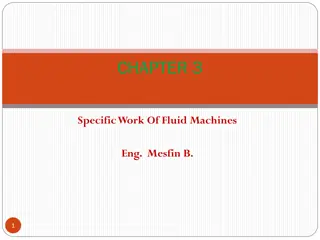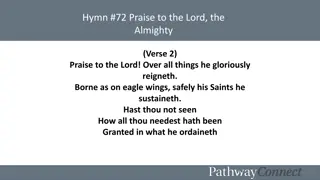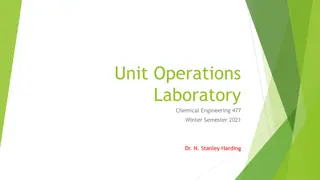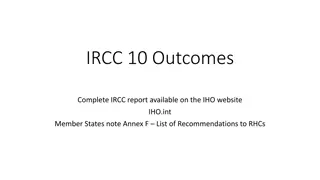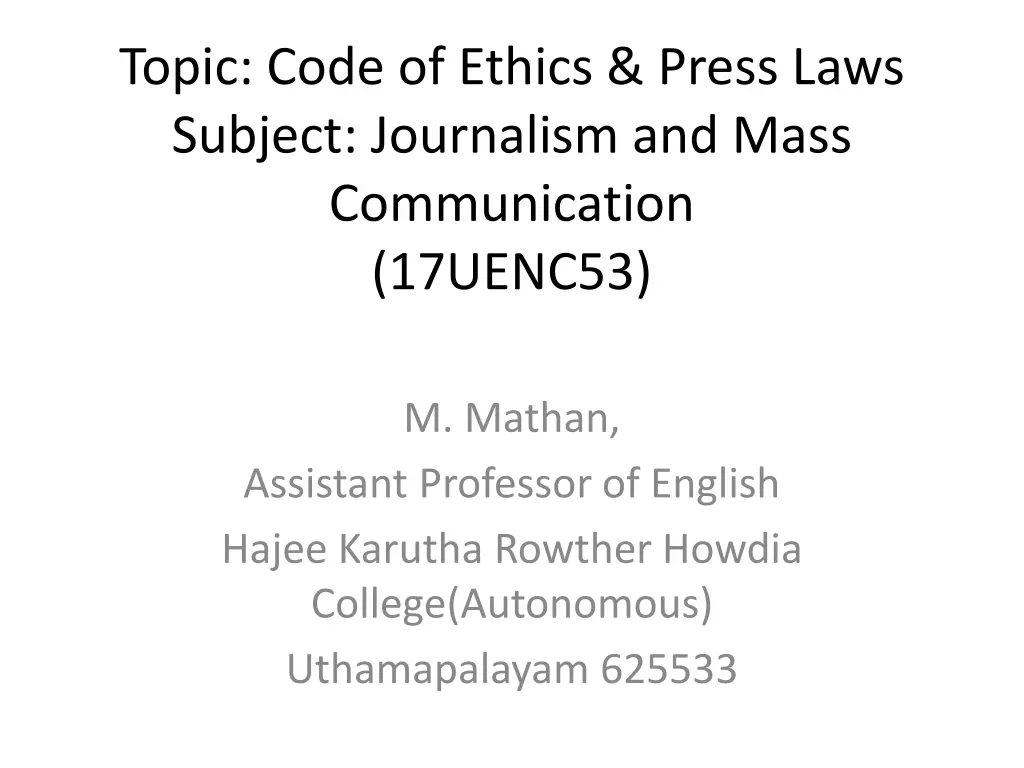
Ethical Standards and Legal Framework in Journalism and Mass Communication
Explore the ethical principles guiding journalism, including fairness, accuracy, completeness, and temperance. Learn about key aspects such as fact reporting, libel laws, bribery ethics, sensationalism avoidance, and more. Understand the importance of upholding integrity and credibility in media practices.
Download Presentation

Please find below an Image/Link to download the presentation.
The content on the website is provided AS IS for your information and personal use only. It may not be sold, licensed, or shared on other websites without obtaining consent from the author. If you encounter any issues during the download, it is possible that the publisher has removed the file from their server.
You are allowed to download the files provided on this website for personal or commercial use, subject to the condition that they are used lawfully. All files are the property of their respective owners.
The content on the website is provided AS IS for your information and personal use only. It may not be sold, licensed, or shared on other websites without obtaining consent from the author.
E N D
Presentation Transcript
Topic: Code of Ethics & Press Laws Subject: Journalism and Mass Communication (17UENC53) M. Mathan, Assistant Professor of English Hajee Karutha Rowther Howdia College(Autonomous) Uthamapalayam 625533
Code of Ethics Ethics of the profession Journalism also obsessed with ethics The news paper organizations appoint well experienced reporters who all are very careful.
Subjective as well as Objective Subjective : based on personal bias Objective : detached, impersonal, unprejudiced. To avoid legal problems The newspapers must give the factual reporting. These four key factors are important for factual reporting: Fairness, Accuracy, Completeness, Temperance (FACT).
Fairness : must be honest Accuracy : correct in every detail Completeness : seek the whole story beyond the personal bias Temperance: good taste and common sense
Fact v/s truth: Collect all the facts, analyze the facts and avoid the assumptions. Libel: Ruining somebody s reputation. Libel law were written for the people to protect from the press people who commits libel. It is unethical.
Bribes: Accepting the bribe is the thing against the ethics of the journalism. Sensationalism : Provide the sensational news headings as beheadings, sexual perversions and ugly personal habits etc., Respectable news papers avoids these things.
Advocacy Journalism: seeking the facts to prove one side of an issue. Stylistic writings: One of the unethical practice. emphasizes imaginative stylized writing. Lies: not expected to uttered lies avoid the false information
Obscenity: Giving to much of words, vulgarity is also considered as unethical
Press Laws The parliamentary Proceedings Act, 1956: Known as Freoz Gandhi Act Facts about proceedings of parliament. The Contempt of the Court Act, 1952: avoid interference with court law and justice.
The Copy Right Act, 1957: Protection for the publication of literary works, magazines etc., Press and Registration Act, 1867: regulates printing presses, news papers, registration of books etc The publishers required to send the copies of the news papers to Press Registrars, New Delhi.
The official secrets Act, 1923: maintaining the security of the state against leakage of secret information. This act deals with two kinds of offences spying and wrongful communication of secret information. The Working journalists Act, 1955: settle the service conditions of the reporters





